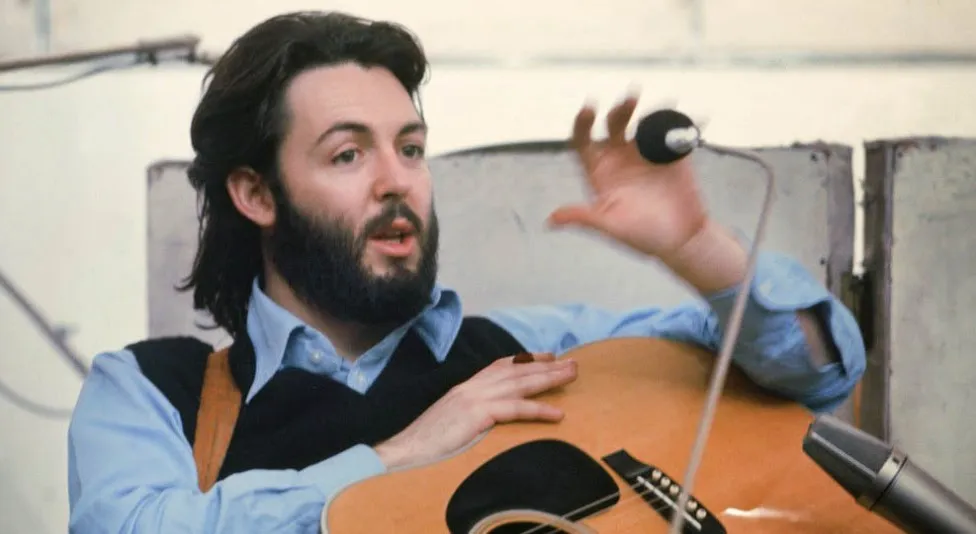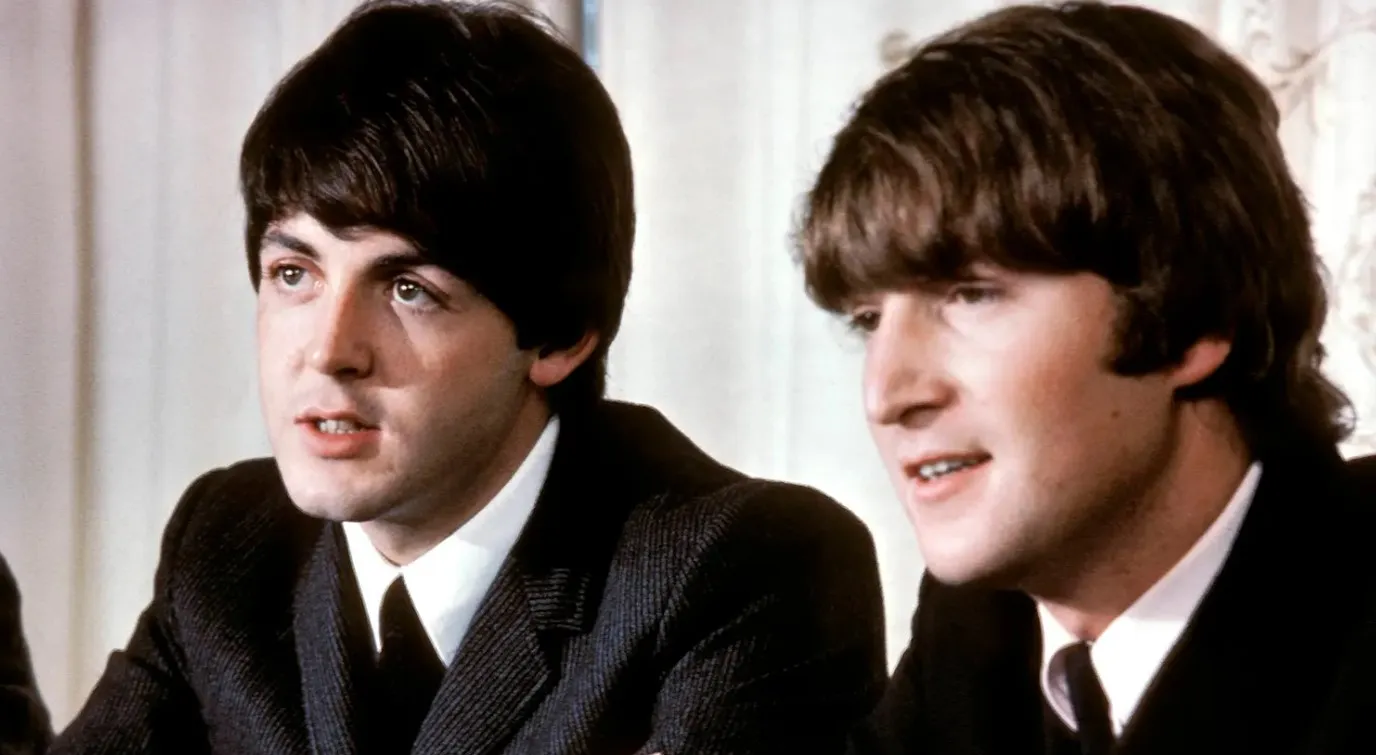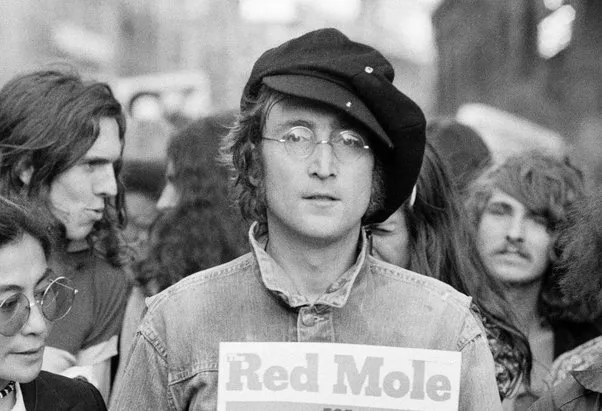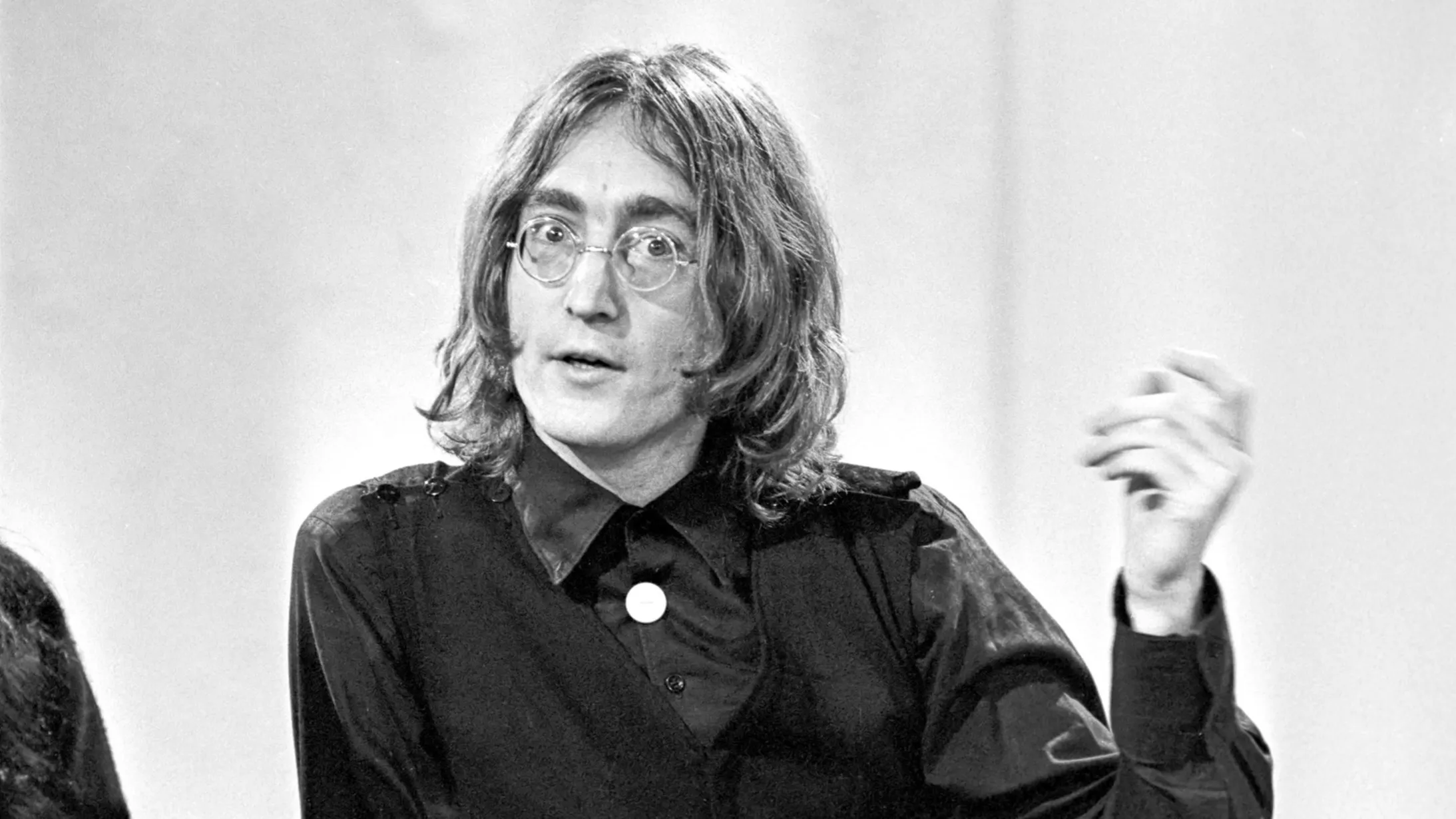John Lennon, the iconic member of The Beatles, is often remembered for his groundbreaking music and his passionate activism. However, there is a lesser-known chapter in his life that is equally intriguing—the period from mid-1973 to early 1975, commonly referred to as his "Lost Weekend." This time in Lennon’s life was marked by a mixture of personal turmoil, creative resurgence, and a temporary break from his marriage to Yoko Ono. Far from being a "lost" period, this time was a journey of self-discovery, experimentation, and reinvention for Lennon.
The Origins of the "Lost Weekend"

The term "Lost Weekend" is somewhat misleading, as the period lasted closer to 18 months rather than a single weekend. The phrase was coined by Lennon himself, who borrowed it from the title of the 1945 film The Lost Weekend, a story about a writer’s battle with alcoholism. Lennon’s own "Lost Weekend" began in the summer of 1973, when his marriage to Yoko Ono hit a rough patch.
The couple had been under immense pressure—both from the public and within their relationship—since they first got together in the late 1960s. After a series of conflicts, Yoko suggested a temporary separation, during which Lennon could explore life on his own.
Yoko, who had always been a strong and influential presence in Lennon’s life, believed that some time apart might help them both. She encouraged Lennon to go to Los Angeles and even suggested that he take May Pang, their personal assistant, with him. Yoko’s suggestion wasn’t just practical; she hoped that Pang, who had a calming influence on Lennon, would provide him with some much-needed stability during their separation.
Life in Los Angeles

Lennon moved to Los Angeles in 1973, marking the beginning of his "Lost Weekend." His life in L.A. was a stark contrast to the one he had known in New York City. Los Angeles, with its sunshine, celebrity culture, and party scene, offered Lennon a chance to let loose. He rented a house in the Hollywood Hills and quickly became immersed in the local music scene, reconnecting with old friends like Harry Nilsson and Ringo Starr.
Lennon’s time in Los Angeles was marked by a series of infamous episodes, one of the most notorious being the incident at The Troubadour, a popular nightclub. On March 12, 1974, Lennon and Nilsson attended a Smothers Brothers performance at the club.
Both men were heavily intoxicated, and Lennon, in particular, became disruptive. He heckled the performers, leading to his ejection from the club. This incident, while embarrassing, became emblematic of Lennon’s behavior during this period—a mix of wild excess and public controversy.
Creativity Amidst the Chaos

Despite—or perhaps because of—the chaos that surrounded him, Lennon’s "Lost Weekend" was also a time of intense creativity. Free from the pressures of his marriage and his public image, Lennon was able to focus on his music in a way that he hadn’t been able to since his days with The Beatles. In 1974, he released Walls and Bridges, an album that many consider one of his best solo works.
Walls and Bridges was deeply personal, reflecting the emotional turmoil Lennon experienced during his separation from Yoko. Songs like "Going Down on Love" and "Nobody Loves You (When You're Down and Out)" conveyed his feelings of loneliness and vulnerability. However, the album also contained moments of hope and reflection, most notably in the hit single "#9 Dream," which became one of Lennon’s most beloved songs. The album’s success was a testament to Lennon’s enduring talent and his ability to channel his personal struggles into his art.

During this period, Lennon also reconnected with his roots in rock and roll. In collaboration with producer Phil Spector, he began work on Rock 'n' Roll, an album of covers of classic rock and roll songs that had influenced him in his youth. The sessions were chaotic, with Spector’s eccentric behavior and Lennon’s own erratic lifestyle leading to numerous delays. However, the album, eventually released in 1975, showcased Lennon’s deep love for the genre and his ability to reinterpret these songs with his unique style.
The Role of May Pang
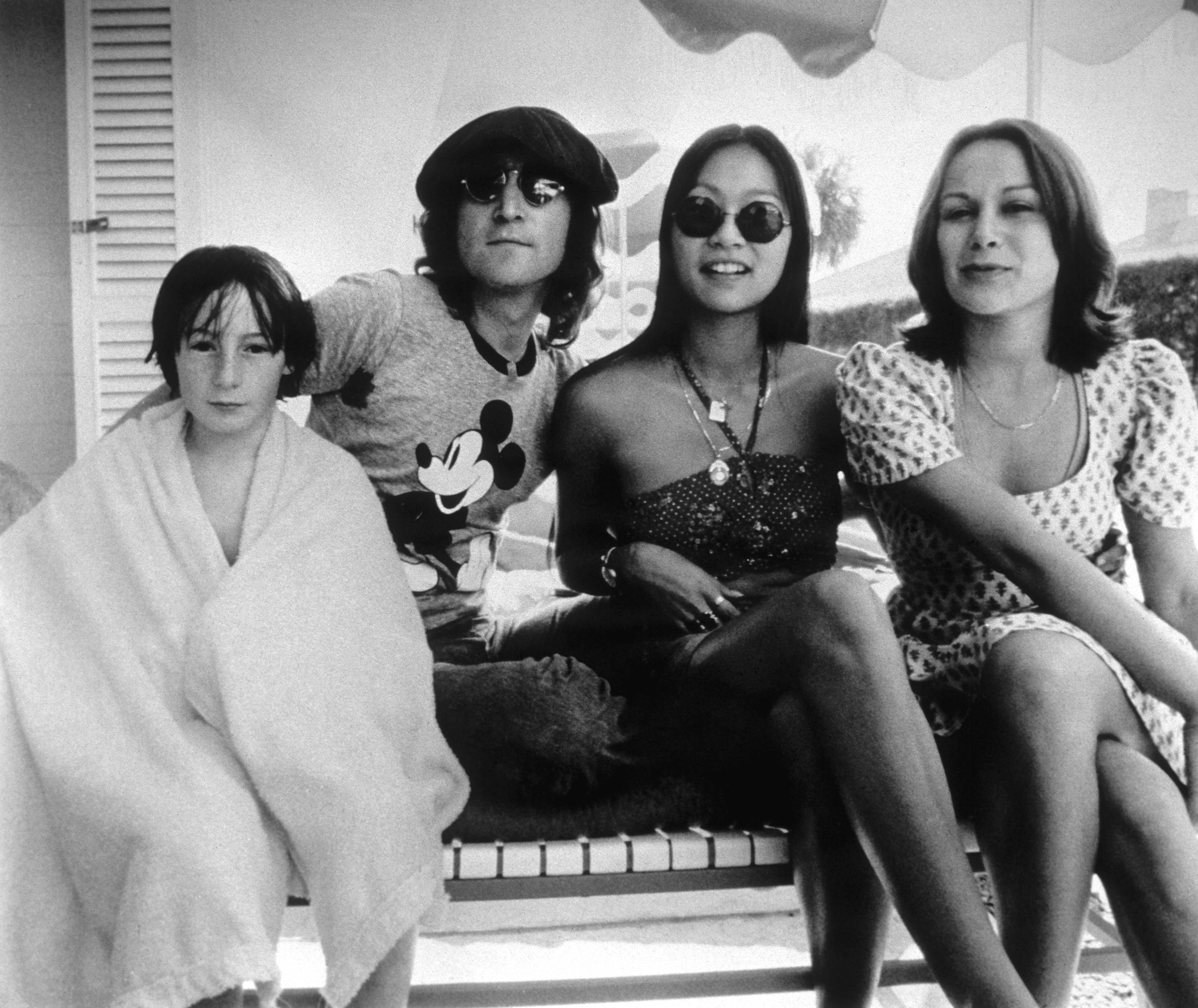
May Pang played a significant role in Lennon’s life during the "Lost Weekend." Initially hired as a personal assistant to Lennon and Ono, Pang’s role evolved as she became Lennon’s companion during his time in Los Angeles. Their relationship was complex, blending both professional and personal elements. Pang provided Lennon with a sense of stability and normalcy amidst the chaos of his life in L.A.
Pang’s influence extended beyond her role as a caretaker. She encouraged Lennon to reconnect with his son Julian, from his first marriage to Cynthia Lennon. Lennon had been largely absent from Julian’s life, but during the "Lost Weekend," he made a concerted effort to spend more time with him.
Pang arranged for Julian to visit Lennon in Los Angeles, where they bonded over shared experiences and music. These moments helped to heal some of the wounds in their relationship, and Lennon later credited Pang with helping to rekindle his relationship with Julian.
The Return to New York and Reconciliation with Yoko
As the "Lost Weekend" progressed, Lennon began to tire of the excessive lifestyle he had embraced in Los Angeles. The parties, the drinking, and the public controversies had taken their toll on him, both physically and emotionally. By early 1975, Lennon was ready to leave Los Angeles and return to New York City.
The decision to return to New York was also influenced by his growing desire to reconcile with Yoko. Throughout their separation, Lennon had remained in contact with Yoko, and their relationship had begun to mend. In early 1975, Lennon returned to New York and, after a period of reconciliation, he and Yoko reunited. Their reunion marked the end of the "Lost Weekend" and the beginning of a new chapter in Lennon’s life.
Shortly after their reconciliation, Yoko became pregnant with their son, Sean. The birth of Sean in October 1975 marked a turning point for Lennon. He decided to step back from the music industry to focus on being a father, a role he had previously struggled with. For the next five years, Lennon lived a relatively quiet life, devoted to raising Sean and supporting Yoko in her various artistic endeavors.
The Legacy of the "Lost Weekend"

John Lennon’s "Lost Weekend" is often viewed through the lens of its more sensational aspects—the wild parties, the public outbursts, and the strained relationships. However, this period was also one of significant personal and artistic growth for Lennon. It was a time when he confronted his demons, experimented with new creative ideas, and ultimately rediscovered what mattered most to him.
The music Lennon created during the "Lost Weekend," particularly on Walls and Bridges and Rock 'n' Roll, remains some of his most emotionally resonant work. These albums captured the complexity of Lennon’s life during this period—his loneliness, his longing for connection, and his enduring love for rock and roll.
The "Lost Weekend" also had a profound impact on Lennon’s personal life. It allowed him to reconnect with his son Julian, repair his relationship with Yoko, and ultimately find peace in his role as a father to Sean. While the "Lost Weekend" was a time of excess and chaos, it was also a period of healing and self-discovery for Lennon.

In the years following the "Lost Weekend," Lennon often reflected on this period with a mix of regret and gratitude. He acknowledged the mistakes he had made but also recognized the valuable lessons he had learned. The "Lost Weekend" was a pivotal moment in Lennon’s life, one that shaped the man he would become in his final years.
For fans of Lennon, the "Lost Weekend" offers a fascinating glimpse into the life of an artist who was constantly evolving, always searching for meaning, and unafraid to confront the darker sides of his own personality. It was a period that, far from being "lost," was rich with creativity, self-reflection, and personal growth.
